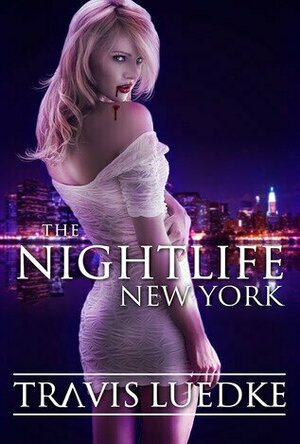
The Nightlife: New York (The Nightlife #1)
Book
The Nightlife Series is violent, sexy, and occasionally violently sexy. Vampires, strippers,...
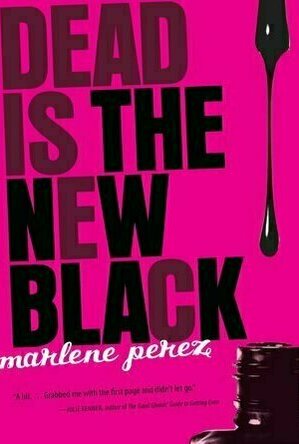
Dead Is the New Black (Dead Is, #1)
Book
Welcome to Nightshade, California—a small town full of secrets. It’s home to the pyschic...
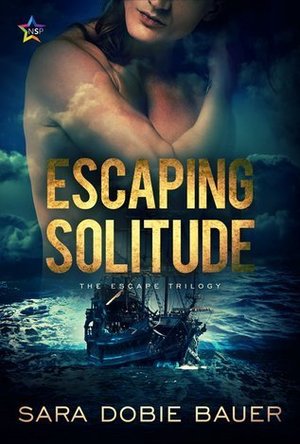
Escaping Solitude (Escape Trilogy #2)
Book
Ancient vampire Andrew escaped his tropical island exile with his beloved human sailor, Edmund....
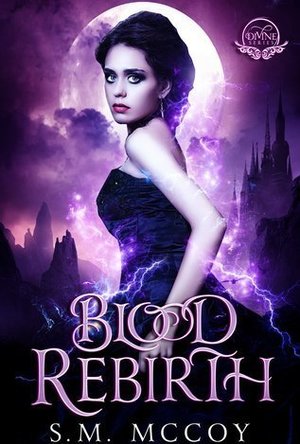
Blood Rebirth (Divine)
Book
A Blood War prophesy. A darkness growing inside her. Can she find the seven powers before the trial...
Fantasy Paranormal Young_Adult
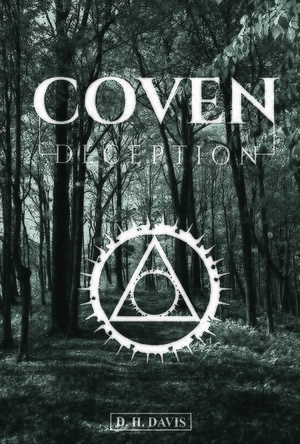
Coven Deception
Book
Forbidden romance. Secrets and lies. Supernatural species. The town of Arcane Grove has a lot going...
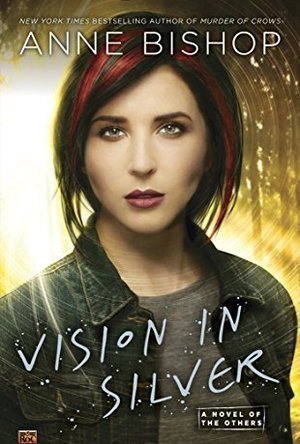
Vision in Silver (The Others, #3)
Book
Follow New York Times bestselling author Anne Bishop to a “stunningly original”(Kirkus Reviews)...
Paranormal Urban Fantasy Prophecy Vampire Shapeshifter Werewolf
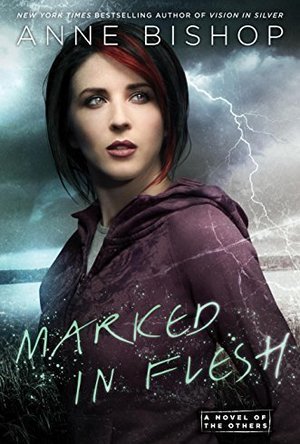
Marked in Flesh (The Others, #4)
Book
In the fourth novel in Anne Bishop’s New York Times bestselling series, the Others will need to...
Paranormal Urban Fantasy Prophecy Vampire Shapeshifter Werewolf
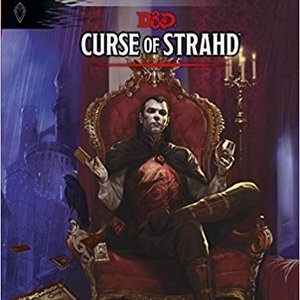
Curse of Strahd (Dungeons and Dragons 5th Edition)
Tabletop Game
Unravel the mysteries of Ravenloft® in this dread adventure for the world’s greatest...
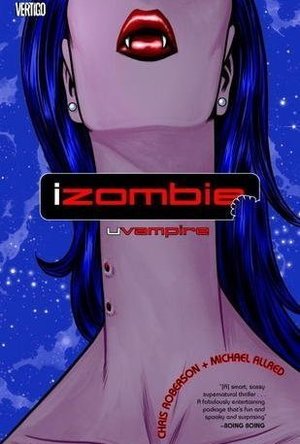
iZombie, Vol. 2: uVampire
Book
Told from a female zombie’s perspective, this smart, witty detective series mixes urban fantasy...
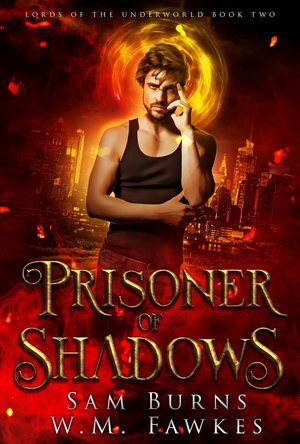
Prisoner of Shadows (Lords of the Underworld #2)
Sam Burns and W.M. Fawkes
Book
For more than five thousand years, Prometheus has been chained in the underworld. Every day, an...
MM Fantasy Romance